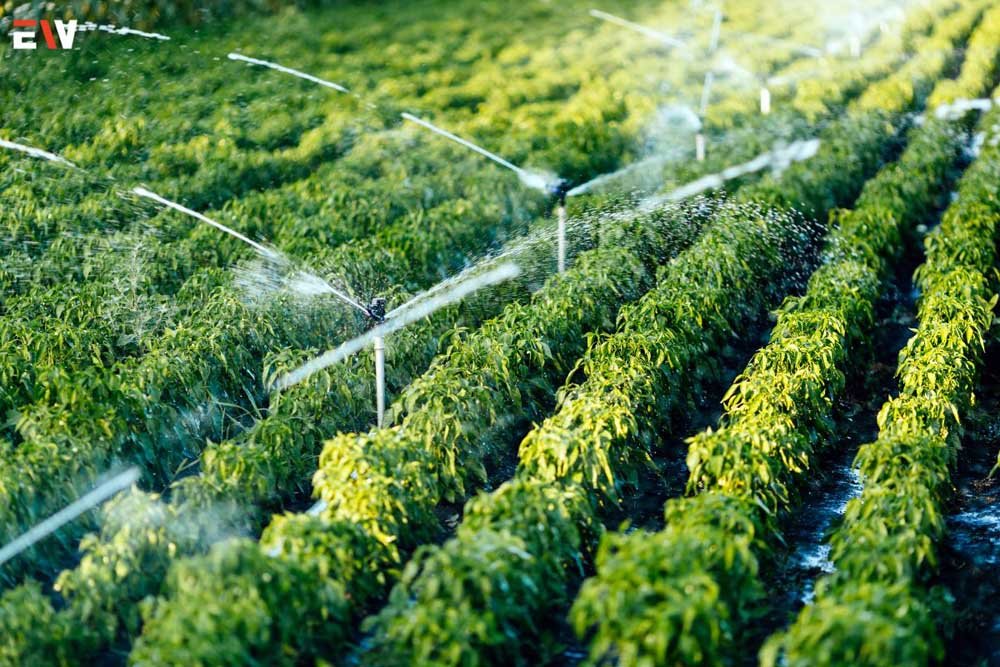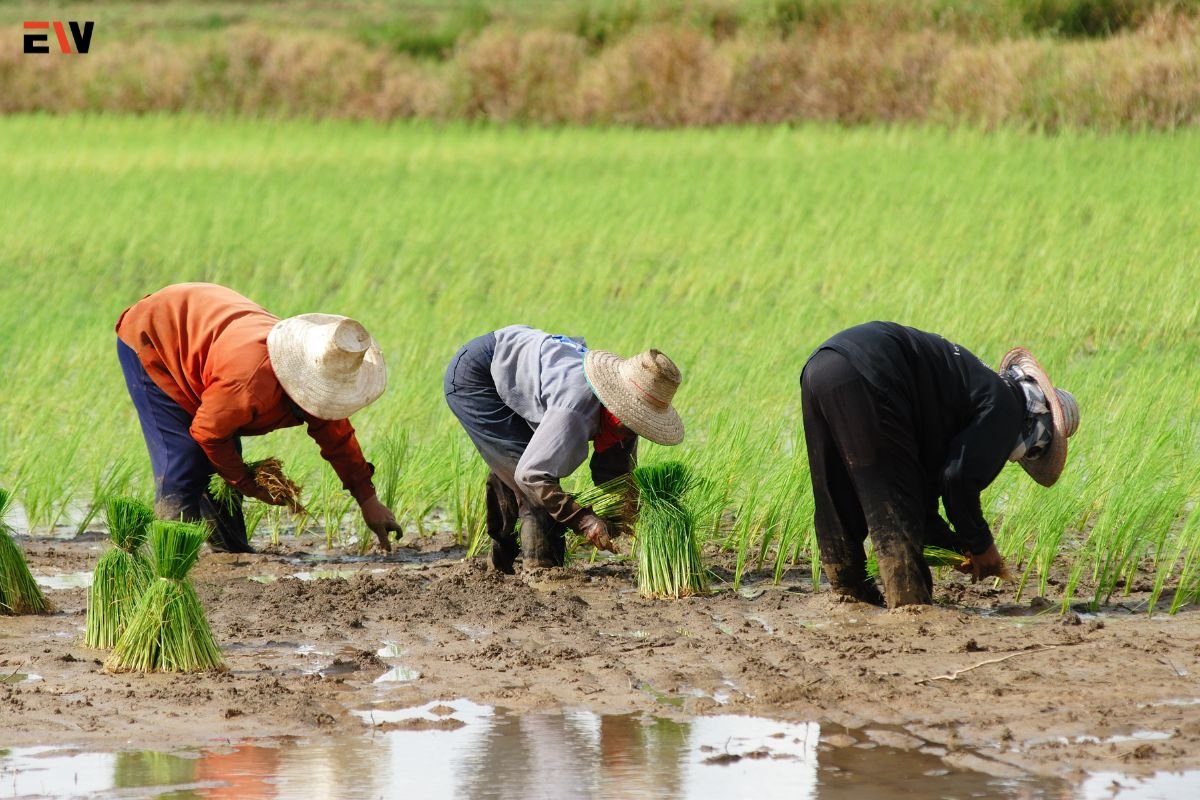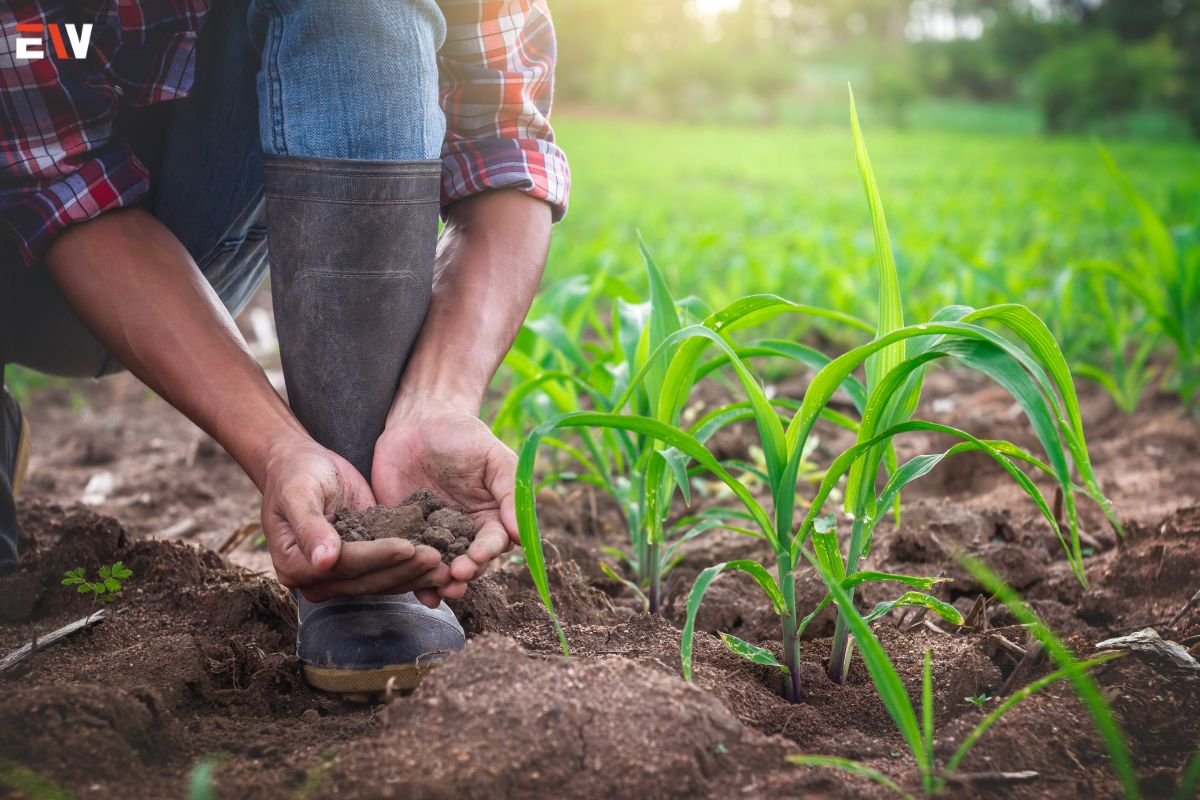Sustainable agriculture is a holistic approach to farming that focuses on producing food in a way that preserves the environment, supports rural communities, and ensures economic viability for farmers. As the global population grows and environmental concerns escalate, the importance of sustainable agriculture cannot be overstated. This article explores the numerous benefits of sustainable agriculture, highlighting its role in fostering a healthier planet and more resilient food systems.
Environmental Benefits of Sustainable Agriculture
1. Soil Health and Fertility:
Crop Rotation and Diversification
Sustainable agriculture practices, such as crop rotation and diversification, improve soil health by preventing nutrient depletion and reducing soil erosion. Different crops have varying nutrient needs and pest resistance, helping maintain a balanced soil ecosystem.
Organic Matter and Composting
Incorporating organic matter and compost into the soil enhances its structure, water retention, and nutrient content. This reduces the need for chemical fertilizers and promotes healthier plant growth.
2. Water Conservation:
Efficient Irrigation Techniques
Sustainable farming employs efficient irrigation techniques like drip irrigation and rainwater harvesting to minimize water waste. These methods deliver water directly to plant roots, reducing evaporation and runoff.
Soil Moisture Management
Practices such as mulching and cover cropping help maintain soil moisture levels, reducing the need for frequent irrigation and conserving water resources.
3. Biodiversity Preservation:

Habitat Protection
Sustainable agriculture promotes the conservation of natural habitats and ecosystems. By reducing the use of chemical pesticides and herbicides, it supports the survival of beneficial insects, birds, and other wildlife.
Agroforestry
Integrating trees and shrubs into agricultural landscapes enhances biodiversity and provides additional benefits such as carbon sequestration, soil stabilization, and habitat for pollinators.
4. Reduced Pollution and Greenhouse Gas Emissions:
Minimized Chemical Use
Sustainable farming reduces the reliance on synthetic pesticides and fertilizers, decreasing the runoff of harmful chemicals into water bodies and minimizing air and soil pollution.
Carbon Sequestration
Practices such as no-till farming, cover cropping, and agroforestry help sequester carbon in the soil and vegetation, mitigating climate change by reducing greenhouse gas emissions.
Economic Benefits
1. Cost Savings for Farmers:
Reduced Input Costs
By minimizing the use of chemical inputs and maximizing natural resources, sustainable agriculture lowers the costs associated with purchasing fertilizers, pesticides, and irrigation water.
Improved Efficiency
Sustainable practices often lead to more efficient resource use, reducing waste and increasing overall productivity. This can result in higher yields and better profitability for farmers.
2. Market Opportunities:
Growing Demand for Organic and Local Produce
Consumers are increasingly seeking out organic and locally sourced products, creating new market opportunities for farmers practicing sustainable agriculture. This can lead to premium prices and increased revenue.
Diversification of Income Streams
Sustainable farms often engage in diverse activities such as agro-tourism, direct-to-consumer sales, and value-added processing. These additional income streams enhance financial stability and resilience.
3. Long-Term Viability:

Resilient Farming Systems
Sustainable agriculture builds resilient farming systems that can better withstand environmental stresses such as drought, pests, and diseases. This ensures long-term productivity and food security.
Investment in Future Generations
By maintaining soil health, conserving water, and protecting biodiversity, sustainable farming practices ensure that future generations can continue to produce food and sustain their livelihoods.
Social Benefits
1. Community Well-being:
Local Food Systems
Sustainable agriculture promotes the development of local food systems, reducing the dependence on long supply chains and fostering stronger connections between farmers and consumers. This enhances food security and community resilience.
Healthier Food Options
By reducing the use of synthetic chemicals and prioritizing soil health, sustainable agriculture produces healthier and more nutritious food, benefiting the well-being of consumers.
2. Empowerment of Farmers:
Knowledge Sharing and Collaboration
Sustainable farming encourages knowledge-sharing and collaboration among farmers, researchers, and agricultural organizations. This creates a supportive community that drives innovation and continuous improvement.
Fair Labor Practices
Sustainable agriculture often prioritizes fair labor practices, ensuring that farm workers are treated ethically and provided with safe working conditions and fair wages.
3. Cultural Preservation:

Traditional Farming Practices
Sustainable agriculture respects and incorporates traditional farming practices and indigenous knowledge, preserving cultural heritage and promoting agricultural diversity.
Rural Development
By supporting small-scale and family farms, sustainable agriculture contributes to the socio-economic development of rural areas, reducing rural-urban migration and maintaining vibrant rural communities.
Conclusion
The benefits of Sustainable Agriculture extend beyond the farm gate. By promoting environmental stewardship, economic viability, and social well-being, it provides a holistic approach to food production that supports the health of the planet and its inhabitants. As we face the challenges of climate change, resource depletion, and population growth, sustainable agriculture stands out as a vital solution for cultivating a greener, more resilient future.
Embracing sustainable agriculture practices not only ensures the long-term viability of farming but also contributes to the overall health and prosperity of communities and ecosystems. By making conscious choices and supporting sustainable farming initiatives, we can all play a part in fostering a more sustainable and equitable world.










